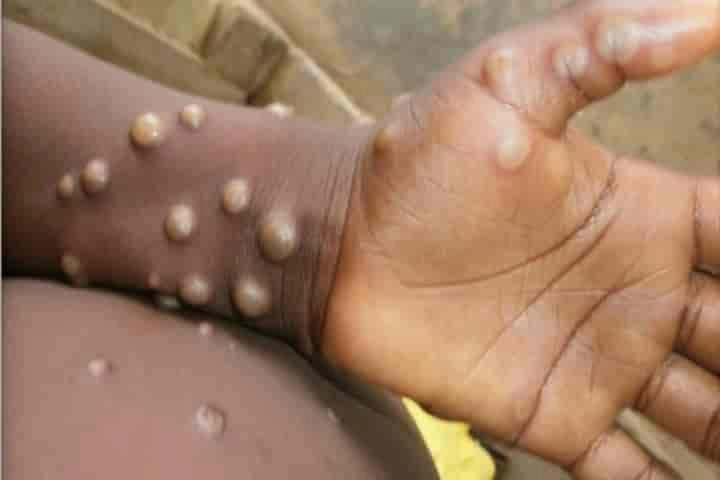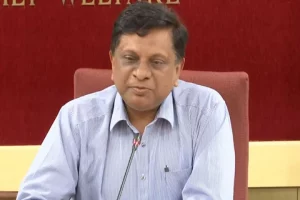India’s first case of monkeypox has been confirmed in Kerala with a 35-year-old man who returned from the UAE testing positive for the disease. The Centre has rushed a high-level multi-disciplinary expert team to assist the state.
“The confirmed case, a native of Kollam, has been isolated after he developed symptoms of the disease. He has been admitted to an isolated facility at the Government Medical College in Thiruvananthapuram. Eleven persons, who have been in touch with the infected person on his return from the UAE on July 12, have been identified as contacts and are under observation,” Kerala Health Minister Veena George said.
The case in India was confirmed after samples were tested at the National Institute of Virology in Pune, said the Minister.
Since January this year, multiple cases have been identified in over 50 countries.
Monkeypox is a viral zoonotic disease with symptoms similar to smallpox, although with less clinical severity. According to the WHO, it is usually a self-limited disease with symptoms lasting two-four weeks. In recent times, officials said, the case fatality ratio has been around three to six per cent.
The virus is transmitted through close contact with another infected person or animal, and spreads from lesions, body fluids, respiratory droplets and contaminated materials such as bedding.
The symptoms can include fever, headache, muscle ache and backache, swollen lymph nodes, chills, exhaustion, and rashes that can look like pimples or blisters on the face, inside the mouth and other parts of the body.
With the number of monkeypox cases increasing rapidly worldwide, the World Health Organization has decided to take a relook on whether the outbreak constitutes a public health emergency of international concern. There have now been more than 6,000 cases recorded in 58 countries.
Europe is the current epicentre of the outbreak, recording more than 80% of cases globally, according to the WHO. However, since recording is poor in other countries it is quite possible that the exact numbers are not being registered.
WHO's Emergency Committee concluded in June that the outbreak did not meet the criteria for such a declaration.
But as the virus continues to spread, WHO Director-General Tedros Ghebreyesus wants the committee to take up the issue again, based on the latest data around the epidemiology and evolution of the outbreak.




















